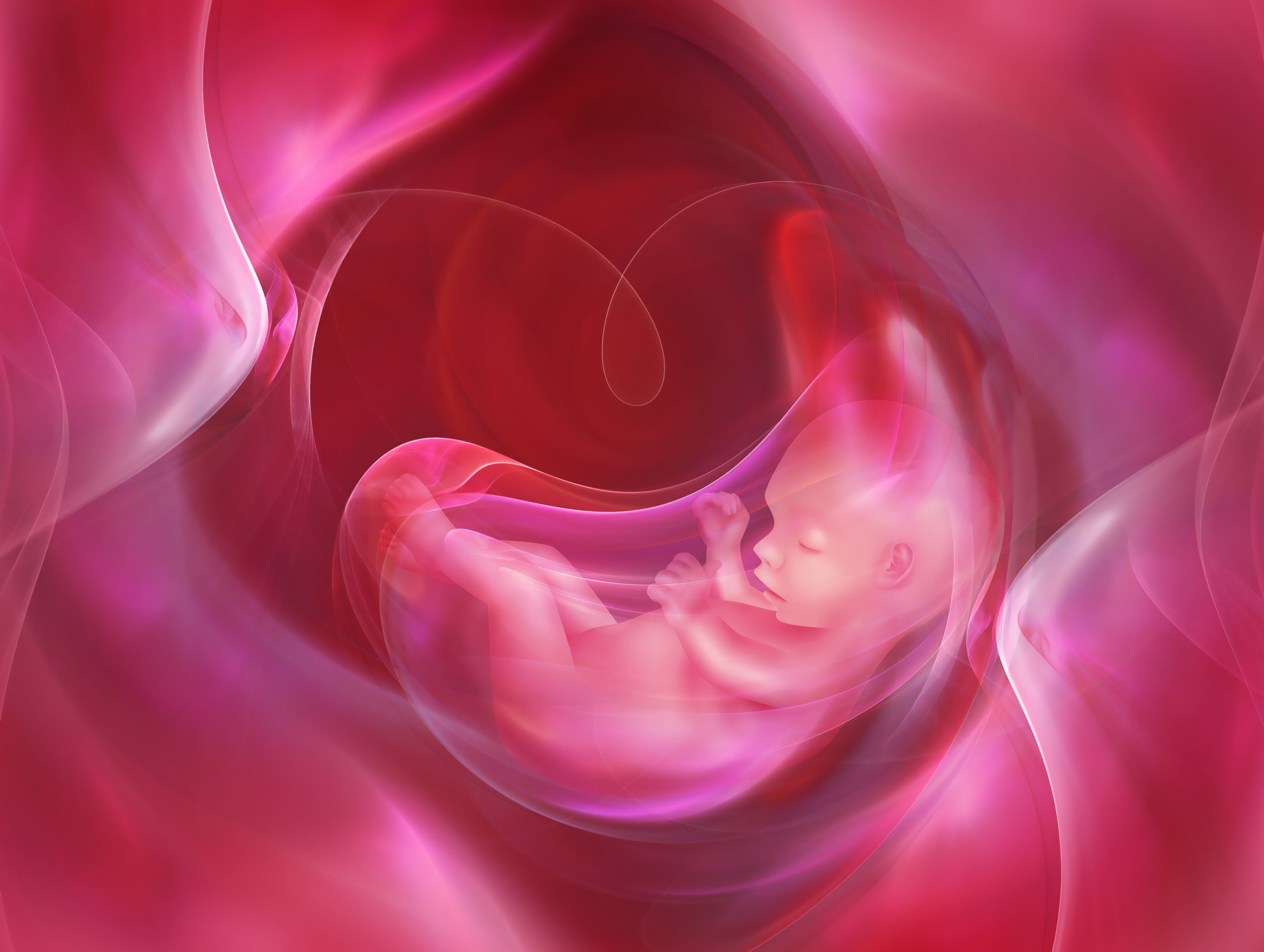Stem cell biologists unravel regulation of placental cells

Polycomb repressive complex 2 (PRC2), a specific protein of embryonic cells, plays an important role in the formation of placental cells. This was discovered by an international team of scientists, including researchers from the KU Leuven and UGent. When the PRC2 protein was suppressed, more placental cells were formed. The results of the study were published on Monday in the scientific journal Nature Cell Biology.
Five or six days after fertilisation between a sperm and an egg cell, a cluster of cells forms. This stage of the pregnancy is called the blasocyst stage. Within the cluster, scientists distinguish an outer group of cells, which will form the placenta, and an inner group, the final embryo.
International team
The first choice the embryonic cells have to make is whether they will belong to the outer or the inner layer of the blastocyst. The research, carried out by researchers at KU Leuven, Radboud University, UGent, the Babraham Institute and the Institute for Molecular Biotechnology in Vienna, tried to find out why embryonic cells choose to develop either into placental cells or the embryo.
The scientists used stem cells in the lab, which have the same properties as the embryonic cells. The results showed that a certain protein, the PRC2 protein, is an important factor in determining which part of the blastocyst a cell will belong to.
"When we suppressed PRC2, more placental cells were formed," researcher Irene Talon (KU Leuven) says. "This led to the conclusion that PRC2 is an important hurdle to overcome if it is to become a functional placenta."
The research enables scientists to better understand embryonic development. In the long term, the insights can contribute to research into the implantation of embryos in the first days after fertilisation and into why implantation sometimes fails.
(AHU)
#FlandersNewsService
© Easy Fotostock